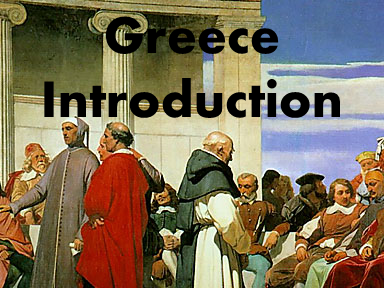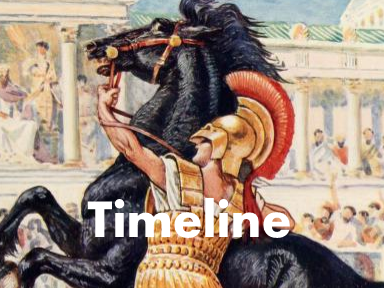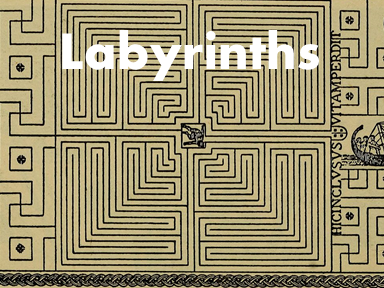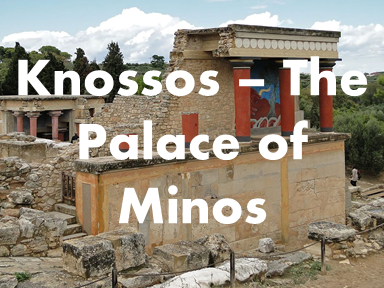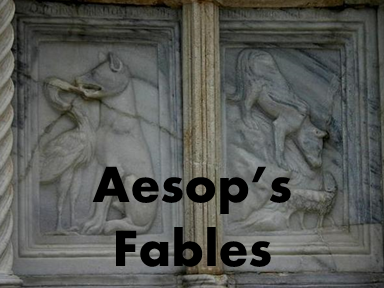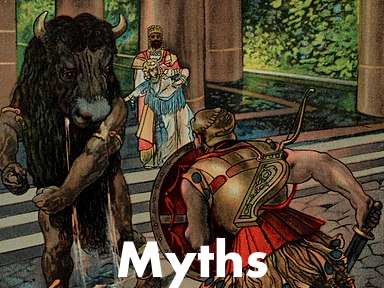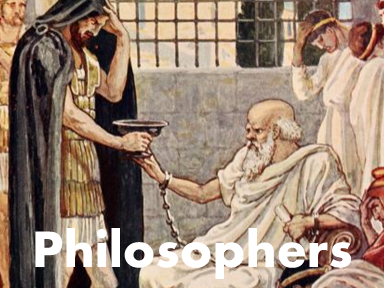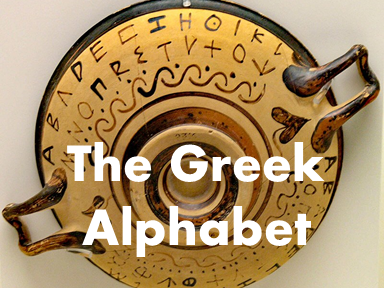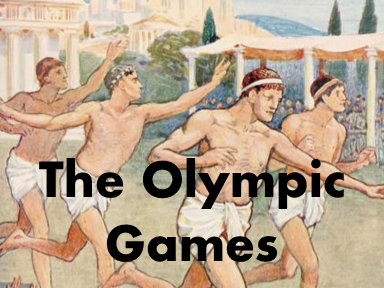Ancient Greece Philosophers
The Greeks loved philosophy. Philosophy means "Lover of Wisdom" in ancient Greek. Socrates, Plato, and Aristotle were the best known philosophers although there were many others.

Socrates (469 - 399 BC)
Socrates was one of the most famous philosophers. He was born in Athens in 469 BC. He was a young boy at the time Darius I's army fought the Greeks at Marathon. Socrates' father was a stone-carver, so Socrates learned the stone carving trade. Socrates' mother was a midwife. Socrates became an Athenian soldier during the Peloponnesian War.
When Socrates was 40 he begin to think about the world. He used questions to teach others. He asked questions such as "What is wisdom?" or "What is beauty?" He had groups of people try to answer the questions. They discussed the answers. Socrates continued to ask more and more complicated questions. Some people became angry over this. Socrates had one faithful student. His name was Plato. In 399 BC, when Socrates was 70 years old, he was charged in court of not respecting the gods and corrupting the youth. He was convicted and sentenced to death. Thirty days later, he died by drinking a cup of hemlock. After Socrates' death Plato wrote down Socrates' philosophy. His main themes were:
know thyself
-
monotheism
-
immortality of the soul
-
belief in education
-
everyone had virtue and that bad behavior was a result of ignorance

Plato (427 - 347 BC)
Plato was born in Athens in 427 BC to a very wealthy and aristocratic family. He became a student of Socrates when he was very young. Plato learned a lot from Socrates and was extremely upset by his death. Plato was 30 years old at this time. After Socrates's death, Plato began to write down the conversations he and Socrates had.
After a while Plato began to write down his own ideas about philosophy. One of his ideas was about how Athens could form a Republic. Plato thought there should be a few guardians to make the decisions for the population. These ideas didn't get much attention in Athens. Plato tried to spread his idea in Sicily, but the prince didn't listen either. Plato gave up the idea and went back to Athens. There he built an academy to teach his philosophy. The Academy was very successful..
Plato thought a lot about the natural world. He wanted men to understand the world better by trying to predict or understand the world without being able to see it.
He believed the soul was made up of three parts: natural desires, will, and reason. Will allows people to resist their natural desires. Reason tells people when to resist their natural desires and when to obey. Plato believed these three parts of the soul must be balanced to live a successful life. He thought that if one of the three parts was off that this leads to madness.
One of Plato's students at the Academy was a man named Aristotle. Plato died at the age of 82. His students at the Academy preserved and copied all his writings.

Aristotle (384 - 322 BC)
Aristotle was born in Macedon in the north of Greece. His father was a doctor. When Aristotle was young, he went to study at Plato's Academy. After Plato died, Aristotle left the Academy and went back to Macedon to be the tutor of the young Prince Alexander who later became Alexander the Great.
After Alexander grew up, Aristotle went to Athens and opened a school called the Lyceum. Aristotle was interested in science. He used Socrates' logical methods to figure out how the world worked. He especially liked biology. When Alexander the Great was traveling in Western Asia, he had messengers bring back unusual plants for Aristotle to study.
Aristotle created a classification system of monarchies, oligarchies, tyrannies, democracies, and republics which we still use today.
When Alexander died in 323 BC, the citizens led revolts against Macedonian rule in Athens. At this time Aristotle was accused of being secretly on the side of the Macedonians. He had to flee from Athens, and lived the rest of his life in Macedon.
